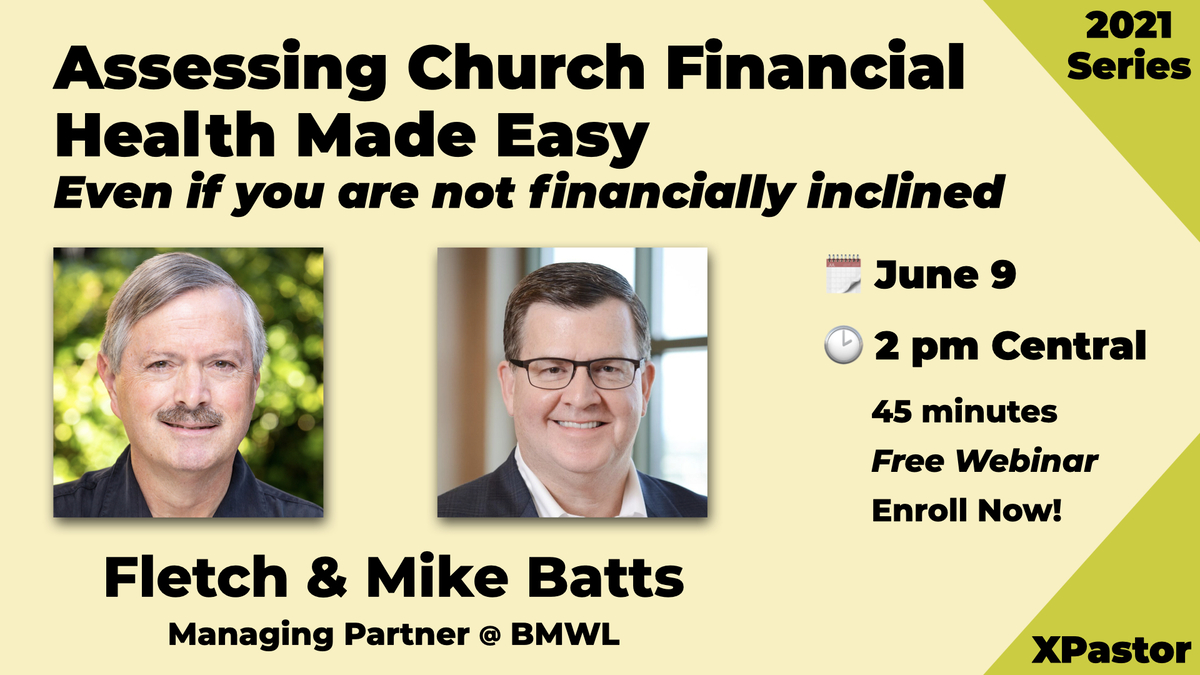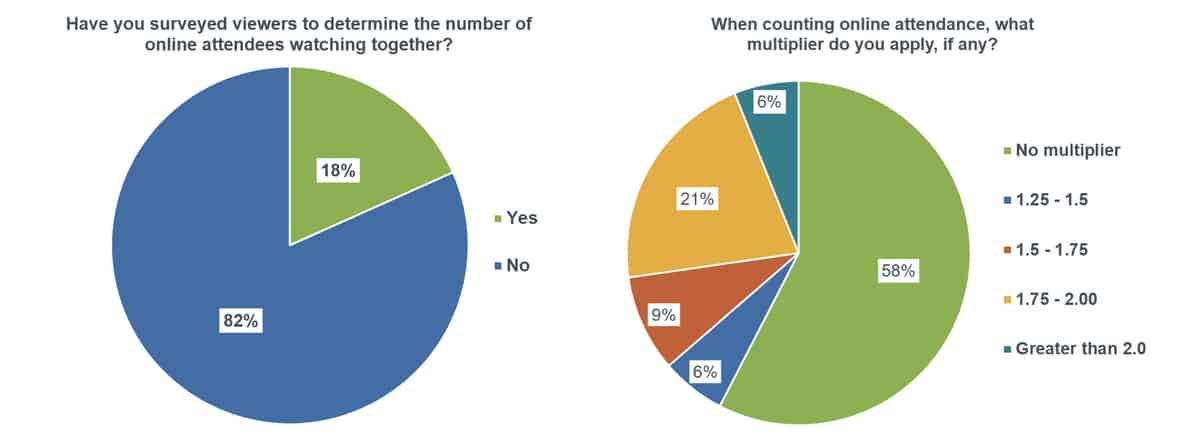Monday, March 25, 2019
Fletch is back from his research break, writing Predators in the Church
Hey Fletch … I’ve been tracking with Dan Busby’s comments in the Hey Fletch column. I know gifts to the church don’t qualify for “charitable gift acknowledgments” if they are earmarked for the benefit of a specific person. We recommend that our youth missions trip participants ask supporters to put their name on a sticky note and affix it to the check when making gifts. Is this a good thing to do?
DRF—There are several questions floating out there about restricted gifts to churches. I’ve consulted with my friend Dan Busby, President of the Evangelical Council for Financial Accountability. Here are his thoughts.
Dan—While it is true that a gift cannot be earmarked for the benefit of a specific person, the rules relating to short-term mission trip participants require a little further nuancing.
In the short-term missions trip context, it is important that a trip is consistent with the tax-exempt purposes of the church and that there is no significant element of personal pleasure, recreation, or vacation. Assuming a trip meets these requirements, the IRS is often concerned with two key elements in order for a gift to qualify as a charitable contribution: (a) Is the church the intended beneficiary? and (2) Does the church have discretion and control over the use of the funds?
Under the intended beneficiary test, is there information that the gift is intended to benefit the church and not an individual? To determine this, there should be clear communication from the church or the gift participant(s) that the mission trip is church-sponsored and that gifts are being raised for the church to support the church’s mission program. Additionally, any payments should be made directly in the name of the church.
Under the discretion and control test, is it clear that the church has the right to control the use of these funds? In other words, the gift should not be designated (restricted) for a particular participant, but rather it should be a gift raised to support the whole trip group or it could be “preferenced for the support” of a particular person. While this preference language may seem like semantics, it is an important distinction to help clarify that these funds are not subject to the trip participant’s control but rather are solely under the control of the church.
In response to the sticky note method, ECFA strongly discourages this approach because the IRS could interpret this approach as a subterfuge—an effort to turn a non-deductible gift earmarked for a person into a tax-deductible gift by trickery.
We encourage churches to use clear language templates that preserve the deductibility of such gifts. It is good to document the church’s practices in this area with a Short-Term Mission Trip and Mission Field Assessment Visit Policy. Here is a sample policy.
To learn more about Short-term mission trips, get free access to more resources at: ChurchExcel.org or by getting a copy of The Guide to Charitable Giving for Churches and Ministries or the smaller booklet Charitable Giving Guide for Short-term Mission Trips.











